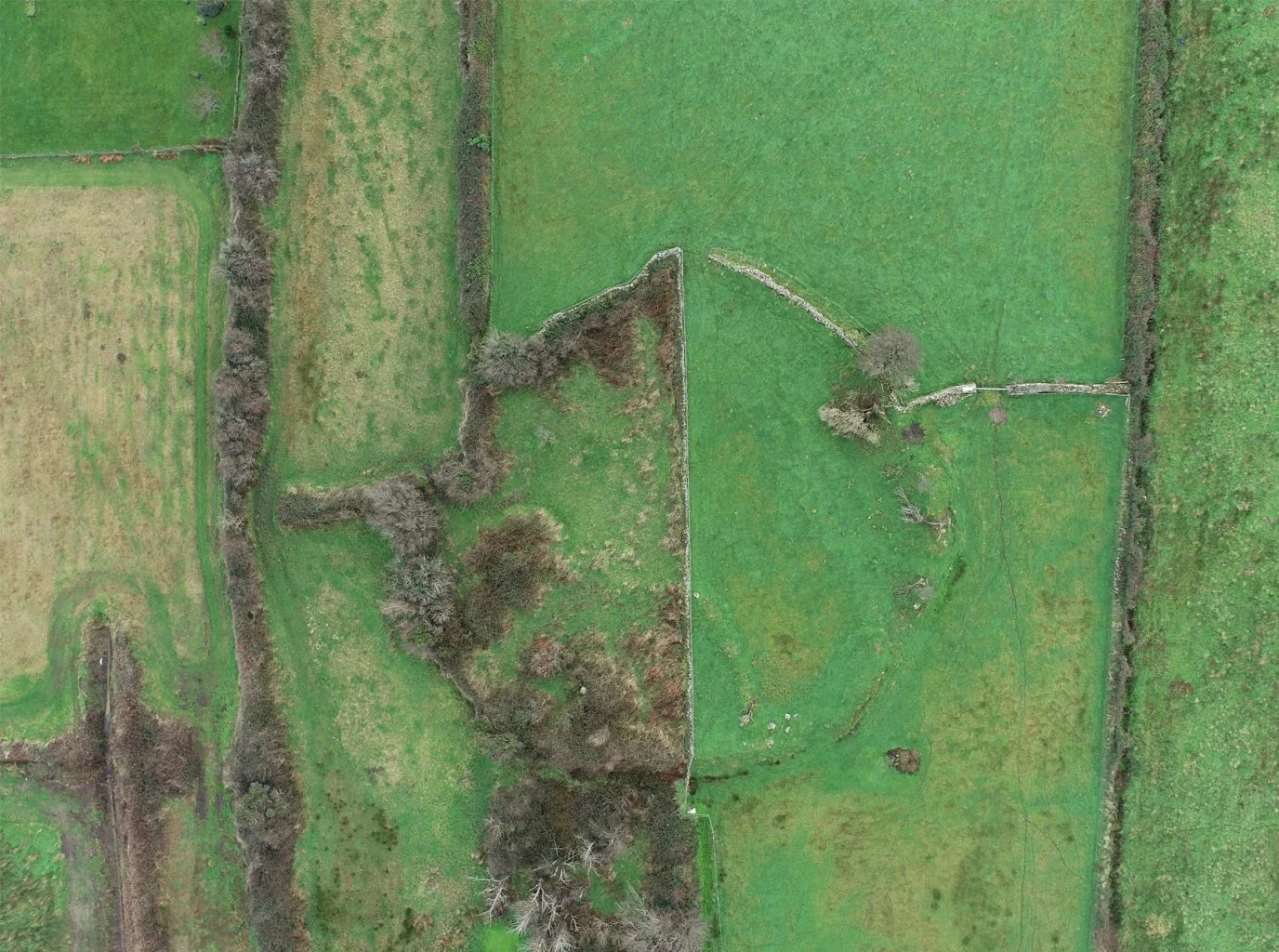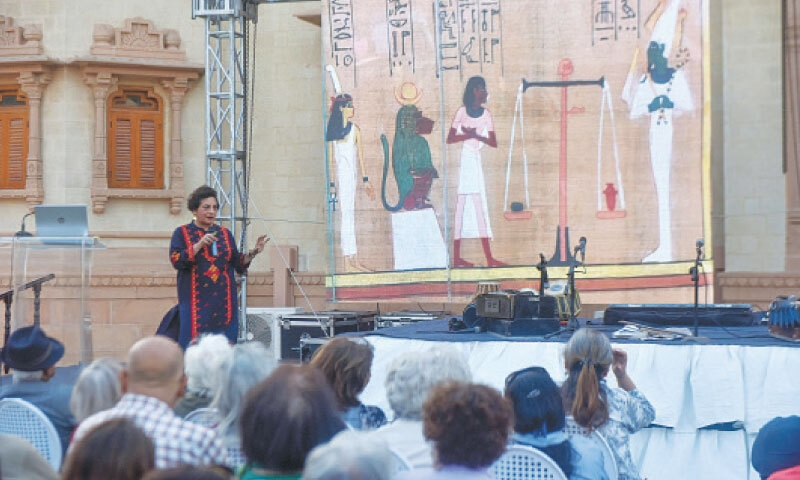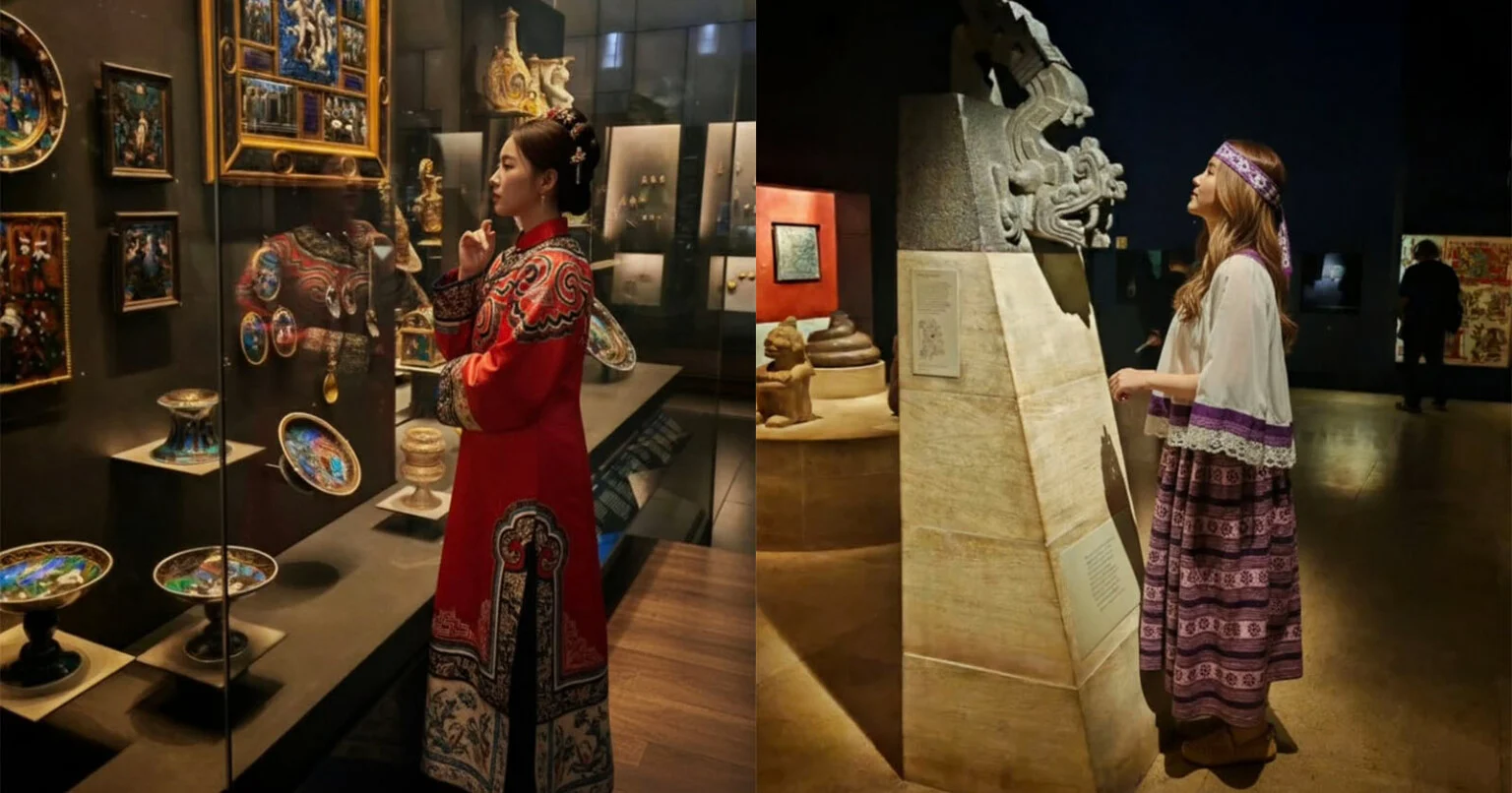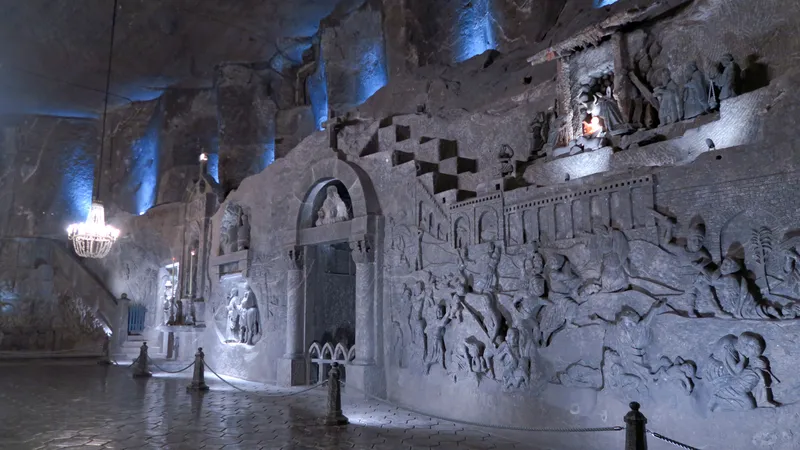Introduction
The Spartan agoge was a rigorous education and training system designed to produce elite warriors capable of defending Sparta and maintaining its dominance in ancient Greece. This system emphasized physical endurance, discipline, combat proficiency, and psychological resilience. While the agoge belonged to a unique historical and cultural context, its principles have significantly influenced modern military training programs across the world. This article explores the key aspects of the Spartan agoge and its lasting impact on contemporary military education.
The Structure and Principles of the Agoge
The agoge was mandatory for all male Spartan citizens and lasted from childhood to adulthood. Its primary components included:
Physical Conditioning
Boys entered the agoge at the age of seven, undergoing intense physical training.
Endurance exercises, wrestling, and combat drills were central elements.
Survival skills, such as going barefoot and enduring hunger, were enforced to build resilience.
Military Discipline and Hierarchical Structure
Obedience to authority and strict discipline were instilled from an early age.
Older trainees supervised younger boys, reinforcing a chain of command.
Harsh punishments and minimal comfort taught recruits to endure hardship.
Combat Training
Weapons handling, hand-to-hand combat, and tactical maneuvers were practiced regularly.
Mock battles and group formations prepared trainees for real warfare.
The use of the phalanx formation was a crucial element of Spartan battlefield tactics.
Mental and Psychological Conditioning
Spartans were trained to suppress fear and endure pain without complaint.
Storytelling and philosophical teachings reinforced martial values.
The concept of "victory or death" shaped their mentality in combat.
Parallels in Modern Military Training
Many aspects of the Spartan agoge have been integrated into contemporary military systems, including:
Basic Training Programs
Military boot camps emphasize rigorous physical fitness, endurance, and discipline.
Recruits undergo intense drills, obstacle courses, and team-building exercises.
Special Forces Training
Elite military units, such as the U.S. Navy SEALs and British SAS, incorporate survival training and psychological conditioning similar to the agoge.
Emphasis on resilience, adaptability, and teamwork mirrors Spartan principles.
Emphasis on Discipline and Chain of Command
Like the Spartan model, modern military training fosters strict discipline and hierarchical obedience.
Junior officers are mentored by senior personnel, reflecting the mentorship system of the agoge.
Mental Toughness and Psychological Warfare
Programs like the U.S. Army Ranger School and Marine Corps training include stress inoculation and mental resilience exercises.
Soldiers are trained to handle extreme conditions, paralleling Spartan endurance tests.
Conclusion
The Spartan agoge laid the foundation for rigorous military training methodologies that continue to influence modern armed forces. While the context and objectives have evolved, the core principles of discipline, resilience, and combat proficiency remain relevant. By examining the Spartan model, contemporary military institutions refine their own training paradigms to develop highly capable and psychologically resilient soldiers.







